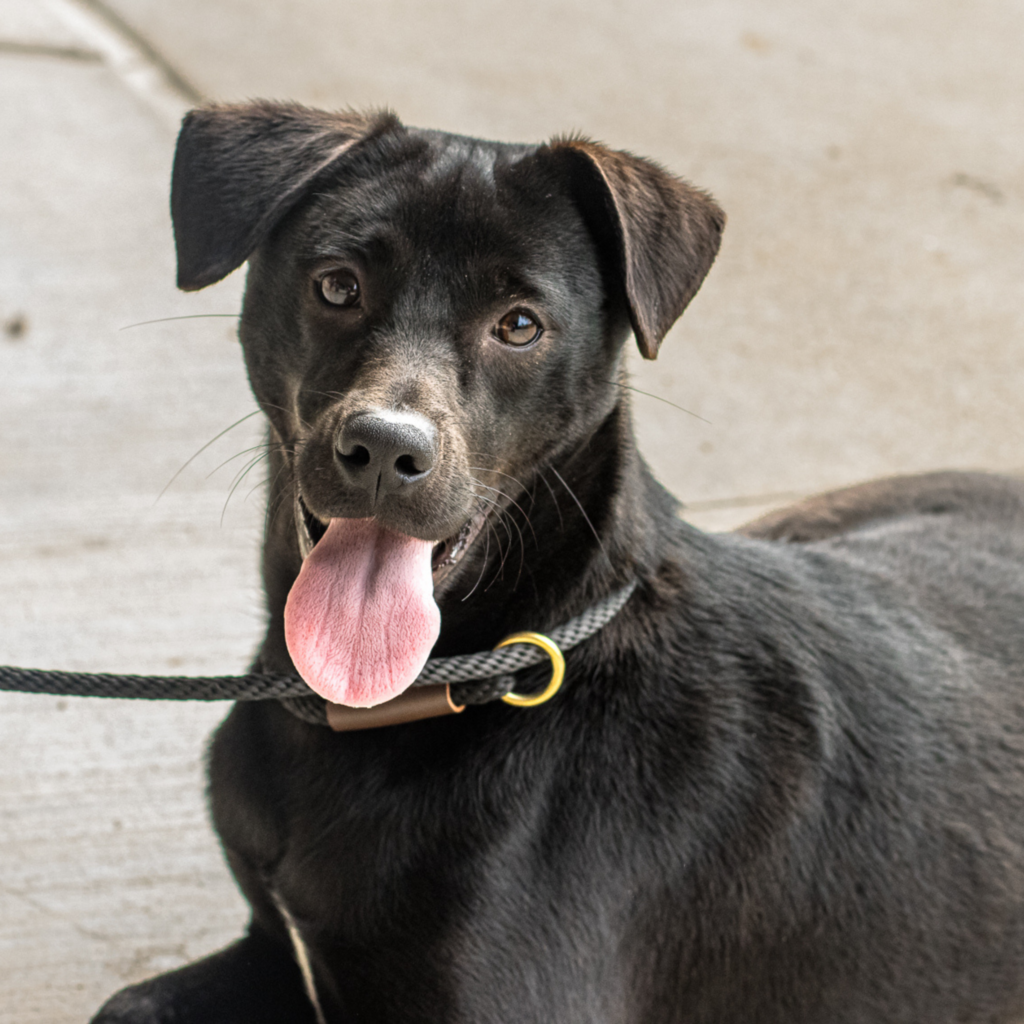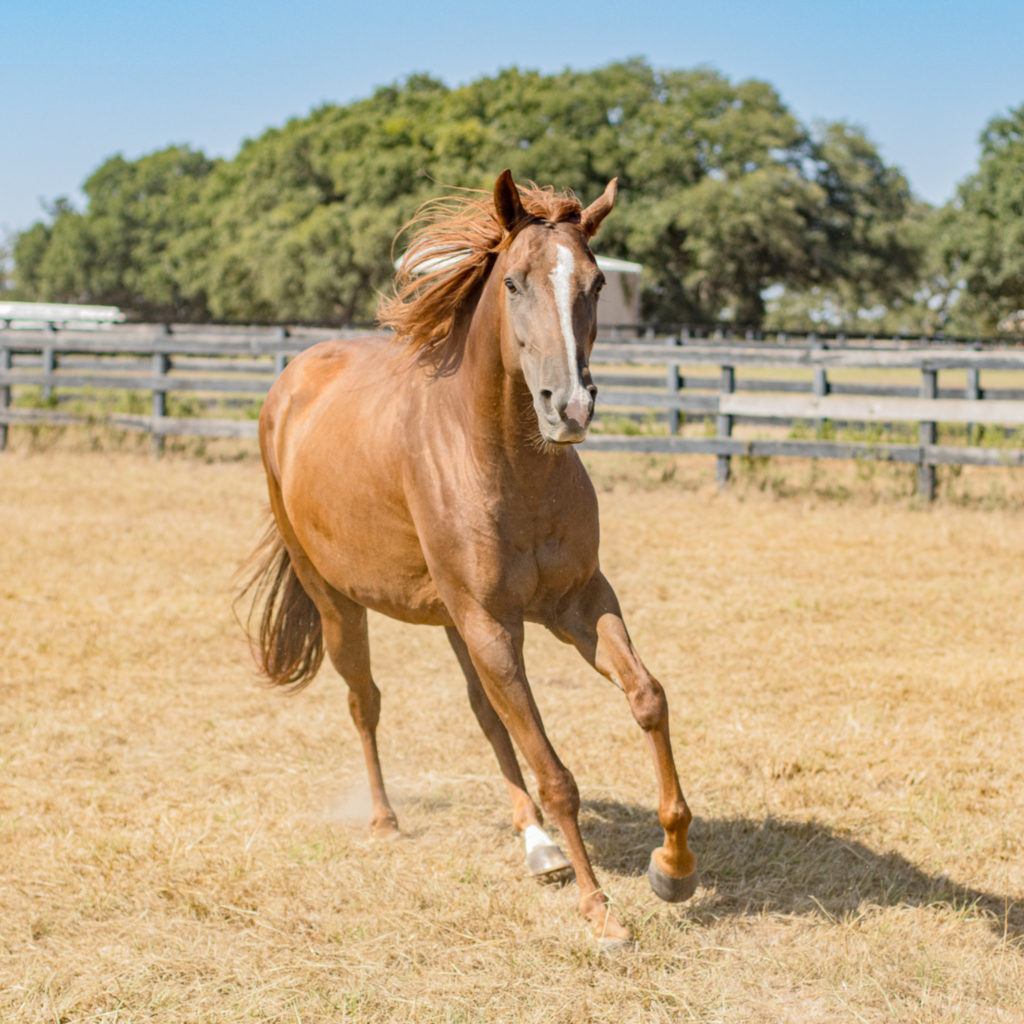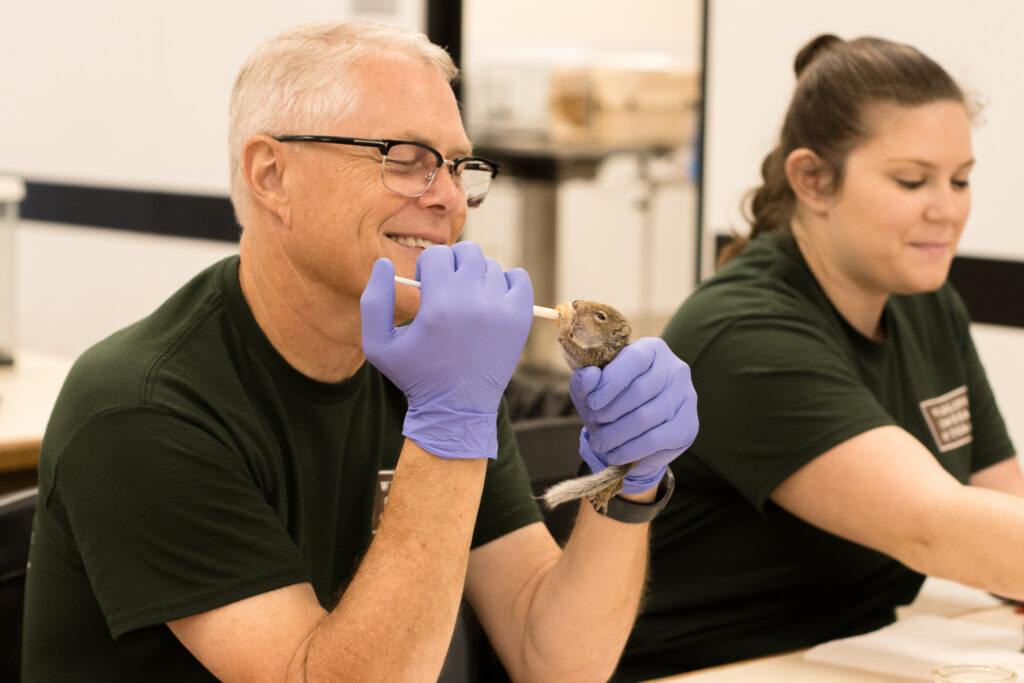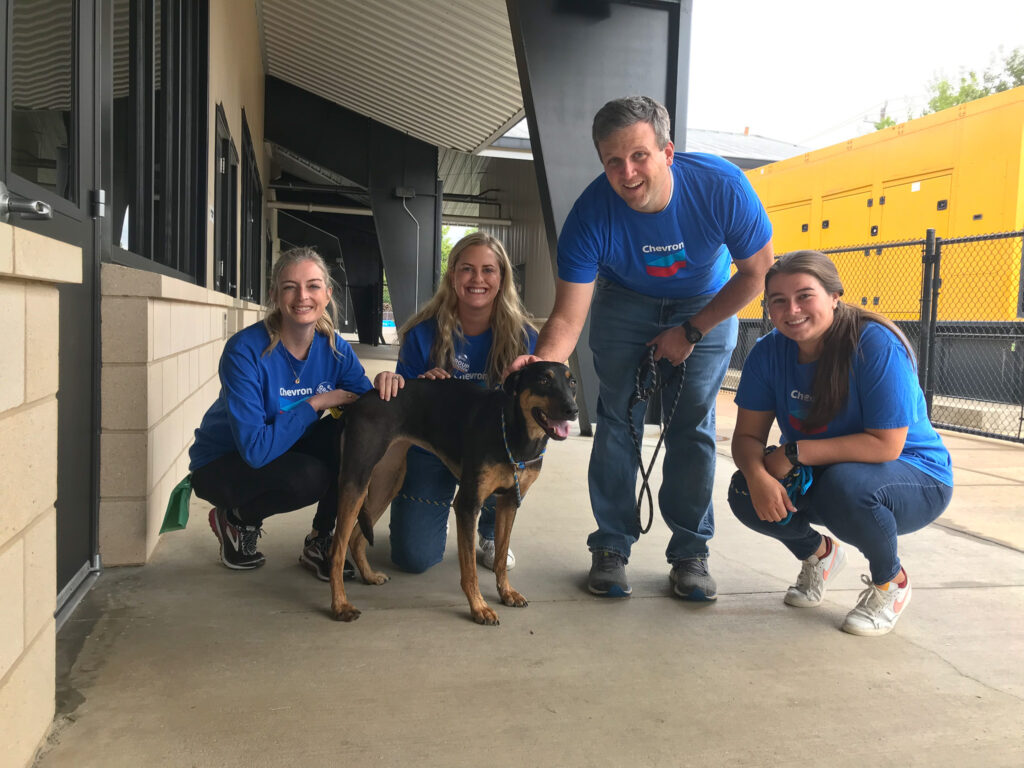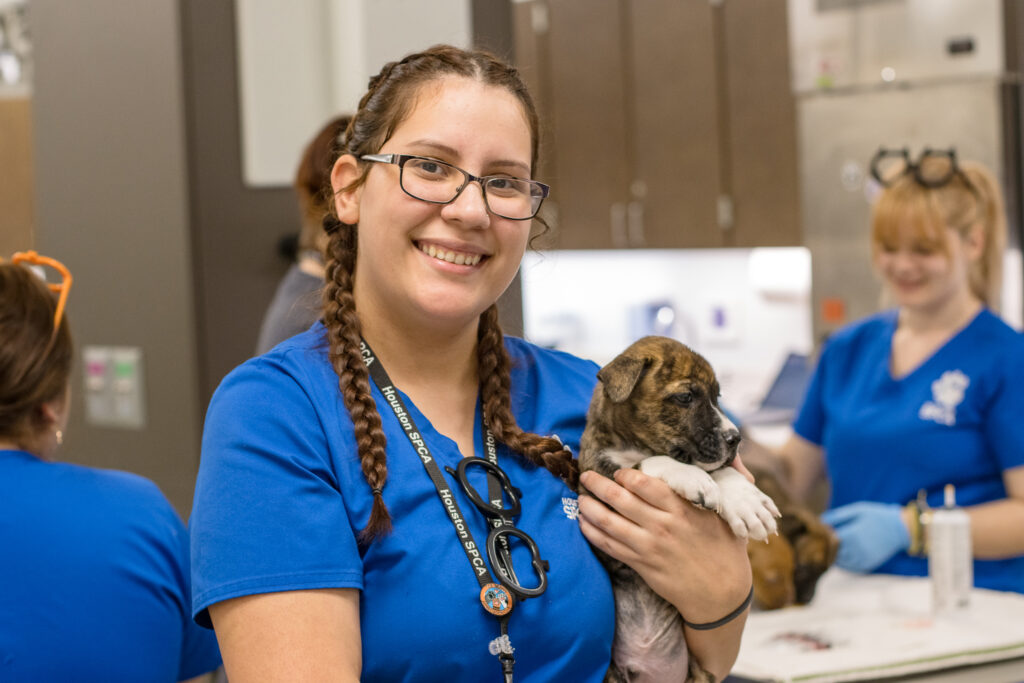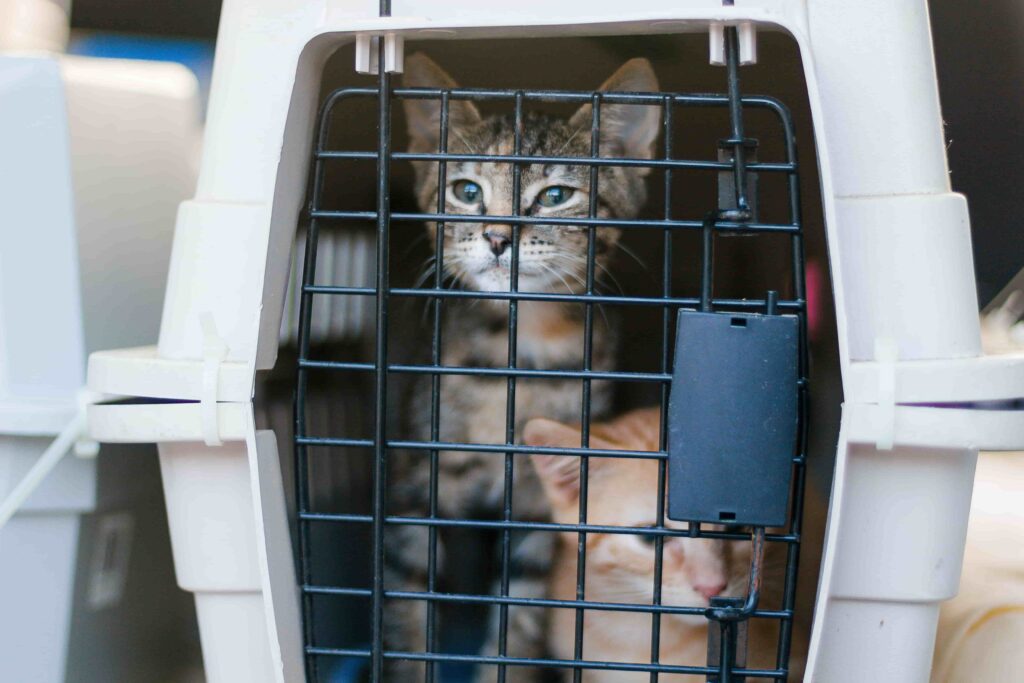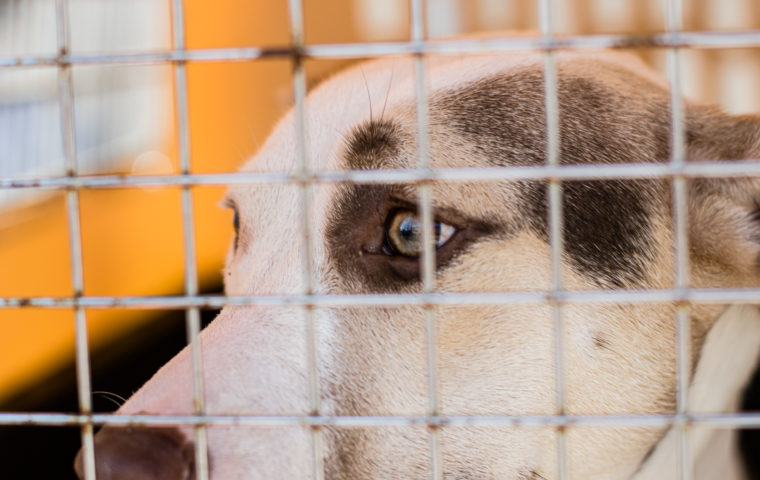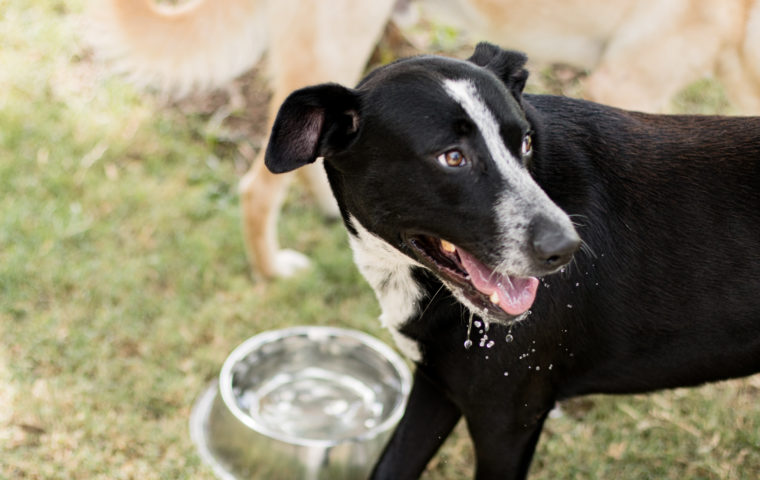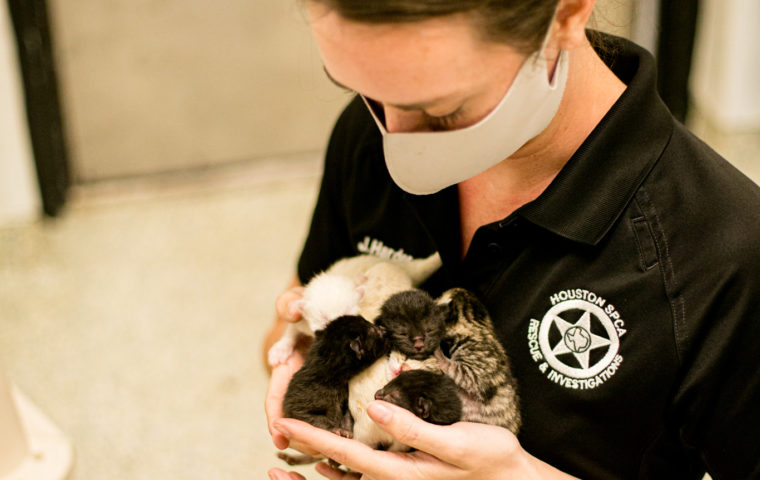(June 1, 2023)
You’re prepared for hurricane season with stocked emergency kits for your family as well as your pets. Your supplies are ready to go and everyone knows where to go in case of a hurricane evacuation. However, there is one crucial piece you may be forgetting. Are your pets themselves prepared?
When a hurricane is looming, we have the small luxury of having some time to prepare and an understanding of what to expect. Our pets won’t understand what is going on around them or what is expected of them during a chaotic event, unless we prepare them.
Don’t Wait Until a Hurricane Hits
The first time your pet is being kenneled and going for a car ride shouldn’t be during an active evacuation. A confusing and stressful time isn’t when a new skill should be taught. Taking time in advance to train your pet to be comfortable in an emergency situation can make a huge difference.
Here are some tips for getting your pet accustomed to traveling long distances, likely during heavy traffic.
- Make sure the kennel is large enough for your pet to sit, stand, and turn around freely.
- Set the kennel up indoors and line with a bed or blanket your pet likes.
- Reward them for entering the kennel on their own. Don’t force them to go inside or close the door before they’re ready.
- Once they’re comfortable in the kennel, repeat the same exercise in the car. Don’t drive anywhere until they’re at ease. It may take a few separate practice rounds before you even leave the driveway.
- Begin taking them on progressively longer car rides. Continue refreshing this behavior from time to time even if it isn’t needed.
Not only will this advance preparation keep your pet comfortable and familiar with the hurricane evacuation process, but it will reduce stress for you as well.
Visit Your Family Veterinarian
Your family veterinarian can prepare your pet to ensure they stay healthy and comfortable during a stressful event.
Treating Anxiety
If your pet is especially anxious when traveling or confined for longer periods of time or experiences carsickness, take a trip to your family veterinarian. There should be enough medicine in your pet’s emergency kit for at least two weeks of treatment. If you already have a supply, take a look to make sure it isn’t expired.
Vaccinations
If it’s been a while since your pet’s last checkup, it may be time to get caught up on some vaccines. Your veterinarian can administer the needed vaccines and provide a copy of their updated shot record.
This paperwork is important to have with you when traveling with your pet. Seal it in a plastic baggie and store it in your pet’s emergency kit.
Treating Existing Conditions
If your pet has other health conditions that require medications, make sure you regularly refill them. You don’t want the supply to get too low during hurricane season. Always have enough on hand for a few weeks and be sure to pack it if you’re going to be leaving your home.
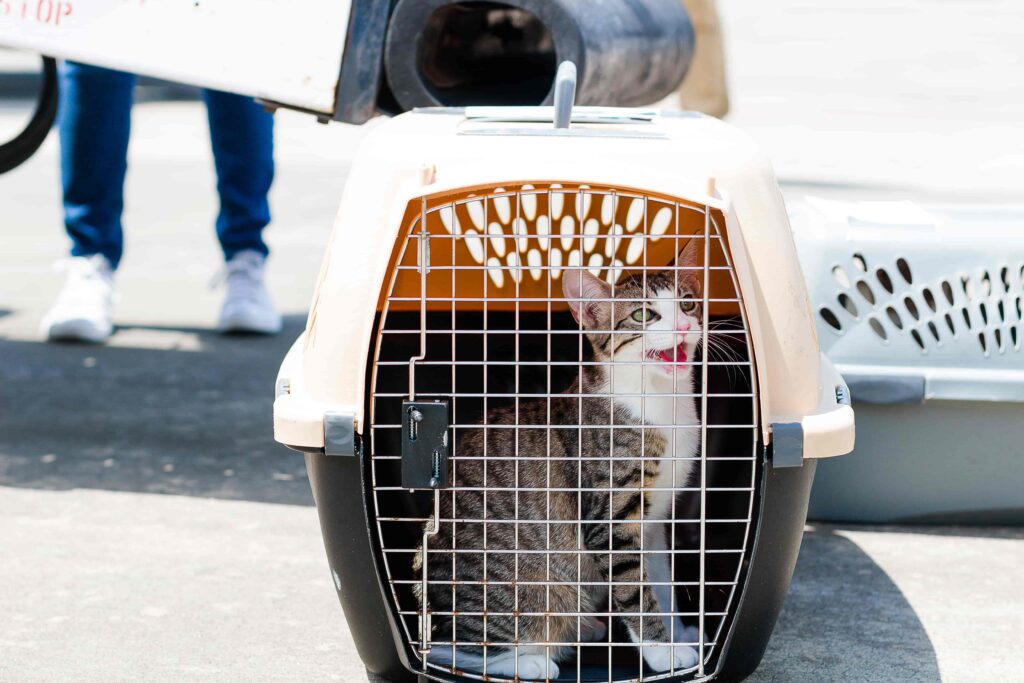
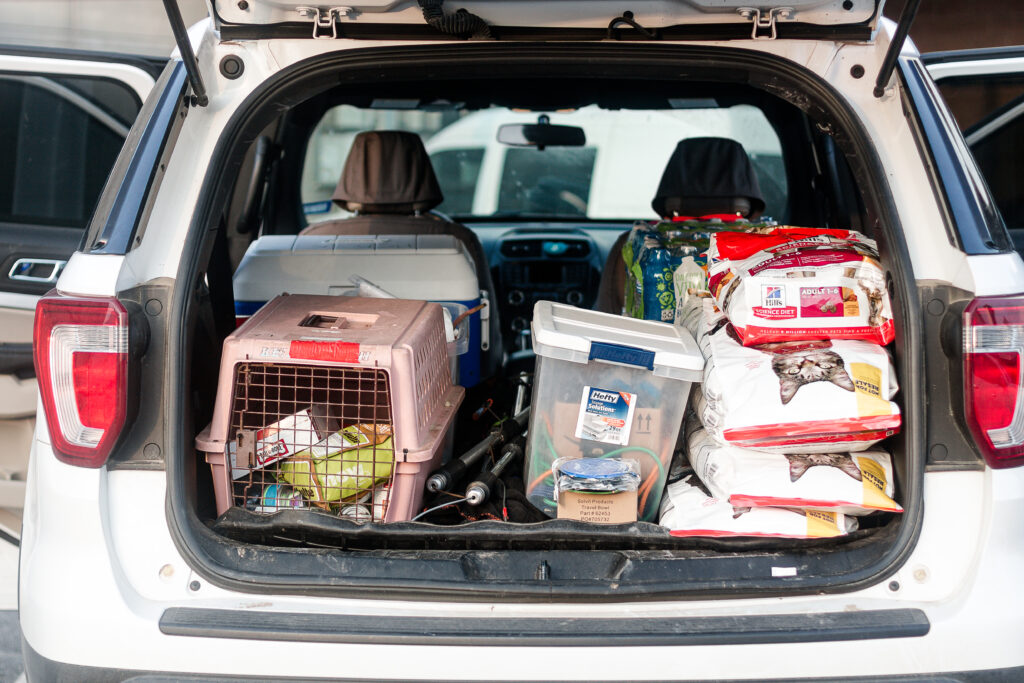
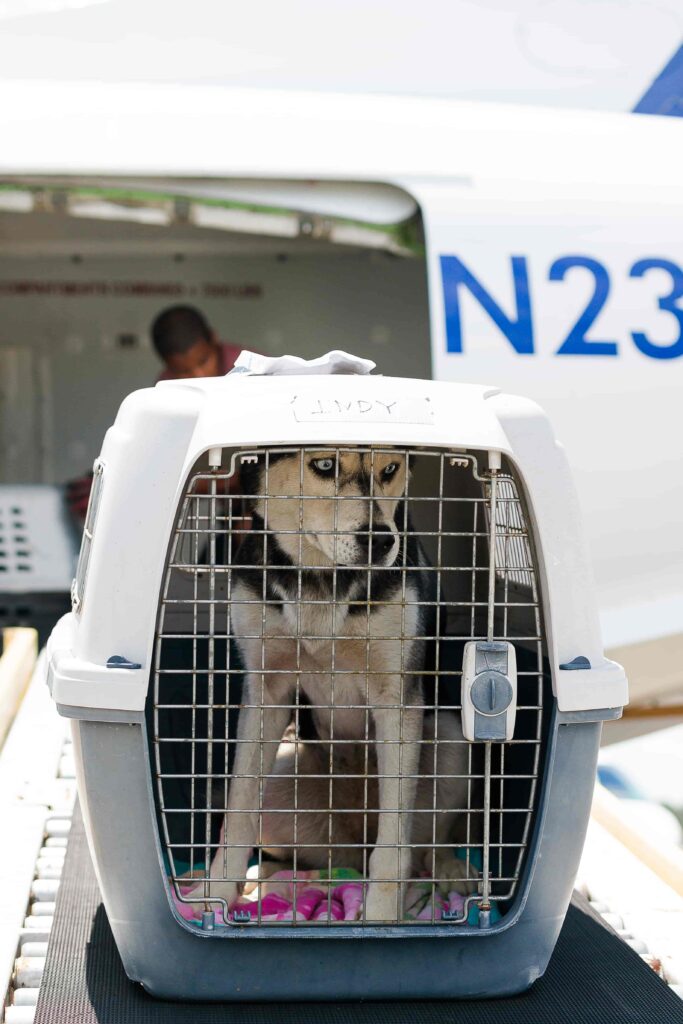
Bring Your Pet With You During Hurricane Evacuation
Never abandon your pet during a disaster. If conditions are unsafe for people, they are unsafe for pets. Leaving them at home during a hurricane evacuation can leave them vulnerable to flooding and storm dangers. Not to mention, they won’t have anyone to provide them with food and water. Above all, do not leave them tethered to a stationary object outdoors. Pet owners should have an evacuation route and have a list of options for housing.
Many pets are separated from their families during hurricanes. Making sure your pet’s microchip and ID tag information are updated can result in a speedy reunion. Add a second contact outside of the area of impact in case local landlines and cell service are down and brief that person on what to do if they receive a call about your lost pet.
Is your pet’s emergency kit ready? Find our checklist here.
Since 1924, the Houston SPCA has been the leading private, nonprofit animal welfare organization in the greater Houston region. We are one of the only organizations in the country able to care for animals of all kinds in one location. Looking for more ways to give? Check here for how to support animals in need!





